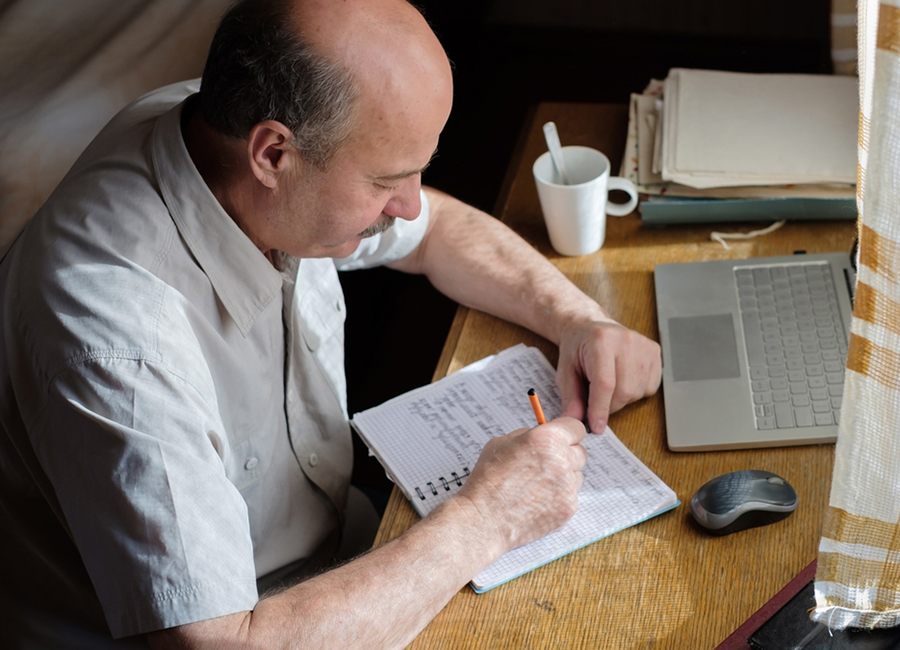Getting Through the First 24 Hours After a Loved One Dies

The death of a loved one can be disorienting, especially if it was unexpected. The emotions can be overwhelming, and taking action in the face of shock and sadness may seem like a bridge too far. Some people are naturally good in a crisis. They always seem to know just what to do, and they do it with calm and efficiency. Others need more time to process events and emotions.
In either case, self-care should be a priority. Recognizing that you don’t have to rush, you don’t have to do everything at once—or even do it all yourself—and that in most cases time is your friend and can be invaluable.
Though some religions call for burial within 24 or 48 hours, most families won’t need to move that quickly. There’s usually no need to take on dozens of tasks right away, so take a beat to really figure out what’s important to do immediately and what can be tackled tomorrow.
If instead of chasing down paperwork and tackling cremation or burial arrangements on day one, you want to call your brother and take a nap? Do that. If after you call the funeral home to arrange transport you want to take a hot bath and then spend the rest of the day on the sofa? That’s OK. If there are small children, elderly parents or pets to consider, make sure they’ve got the care they need and then do what you need to do to catch your breath and organize your thoughts.
Two keys to taking it slow
Unless your loved one was exceptionally well prepared with end-of-life arrangements, having more time to gather documents and think about the details that will make for the most meaningful service relieves some of the pressure on you. Here are two recommendations from a Dignity Memorial® funeral director who’s helped hundreds of families through the first 24 hours and beyond.
1. Call on your support system. You may feel alone, but you’re not. You may feel like as the next of kin, it’s your responsibility to make every decision and handle every task, but it’s not. Lean on your family and friends. Lean on your Dignity Memorial provider. Your church group, your brunch club, even your co-workers want to be there for you. Delegate as much as you can to the people around you.

2. Make notes. The loss of a loved one can come with a sort of brain fog. Conversely, it can also cause the mind to race. Either way, making notes will help. Keep a little notepad on your bedside table; if you wake up with an idea or you can’t sleep because you can’t silence your mind, jot down your thoughts. During the day, carry your notepad around so you can scribble notes and not worry that you’re going to forget something important.

With your support system engaged and your notepad handy, you’ll likely find you’re better equipped to focus on what matters most: finding the words, the photos, the videos, the music and more that will best honour the life of the person you cared about.
We are here to help
Dignity Memorial providers excel at planning meaningful life celebrations for people from all walks of life. From a traditional funeral service to a celebration of life, we’ll guide you through creating a memorable memorial. Serving families is our passion. A 100% Service Guarantee is our promise.
We also offer grief support to families who plan with us. We understand that getting through the first 24 hours is one thing, but it’s only the first hurdle. You can have professional grief counsellors at your fingertips for up to 13 months after your loss.
In addition to celebrating each life with highly personalized send-offs, Dignity Memorial providers are proud to offer special savings and benefits to CARP members and their families. To learn more, visit dignitymemorial.com/carp or call 866-668-1841.

